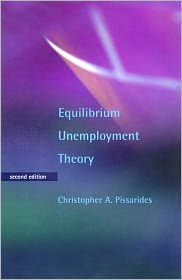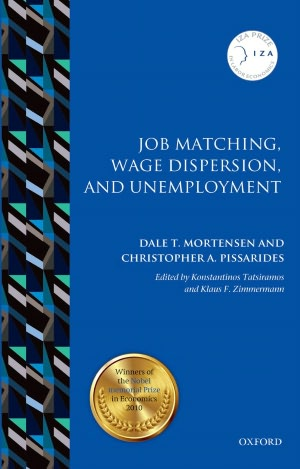Sir Christopher Pissarides holds the Regius Chair of Economics at the London School of Economics, the Chair of European Studies at the University of Cyprus and he co-chairs the Institute for the Future of Work, based in London.
He specialises in the economics of labour markets, economic growth and structural change, especially as they relate to market frictions, where his work has been especially influential.
In the last decade he has worked extensively on the employment implications of automation and artificial intelligence and on the emergence of China as a global economic power. He has written extensively in professional journals, magazines and the press and his book Equilibrium Unemployment Theory is an influential reference in the economics of unemployment that has been translated into many languages.
In 2010, Sir Christopher was awarded the Nobel Memorial Prize in Economic Sciences, jointly with with Peter Diamond from Massachusetts Institute of Technology and Dale Mortensen from Northwestern University for their work on the economics of unemployment, especially job flows and the effects of being out of work.
Professor Pissarides was awarded his PhD at LSE in 1973 and has been on the faculty since - for 38 years. He is an elected fellow of the British Academy, the Econometric Society, the European Economic Association and the Society of Labor Economists. He is also a member of Council of the European Economic Association and the Econometric Society and a former member of Council of the Royal Economic Society. In 2005 he was awarded the IZA Prize in Labor Economics (jointly with Dale Mortensen) for his work on unemployment and in 2008 he received the Republic of Cyprus "Aristeion" for the Arts, Literature and Science.






